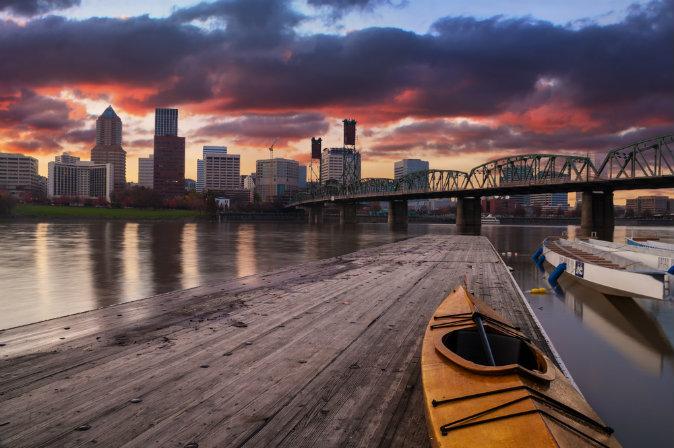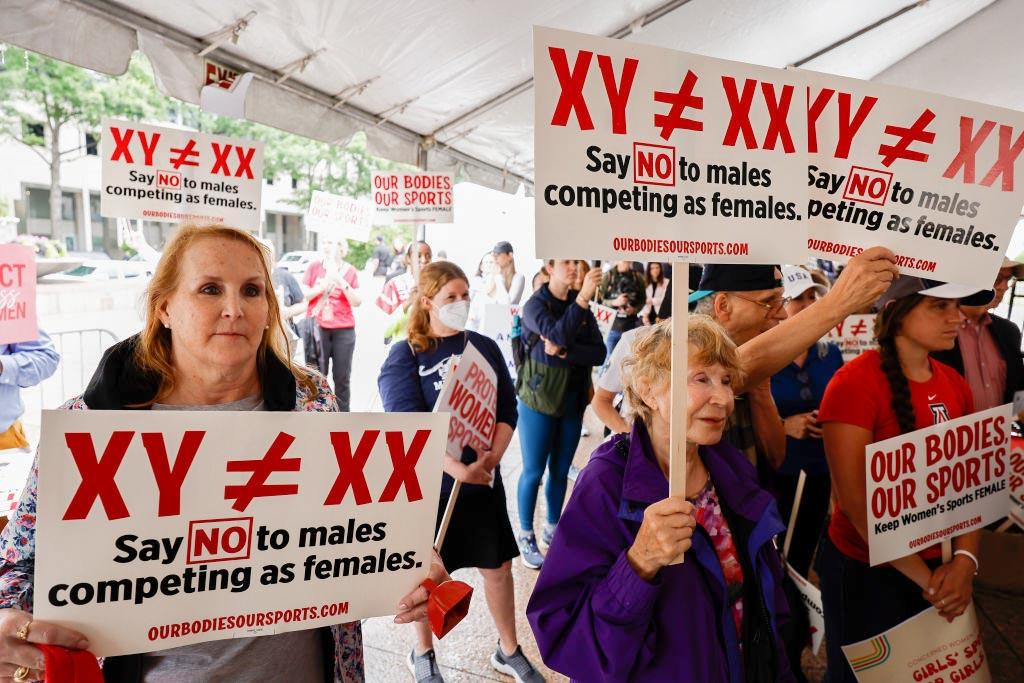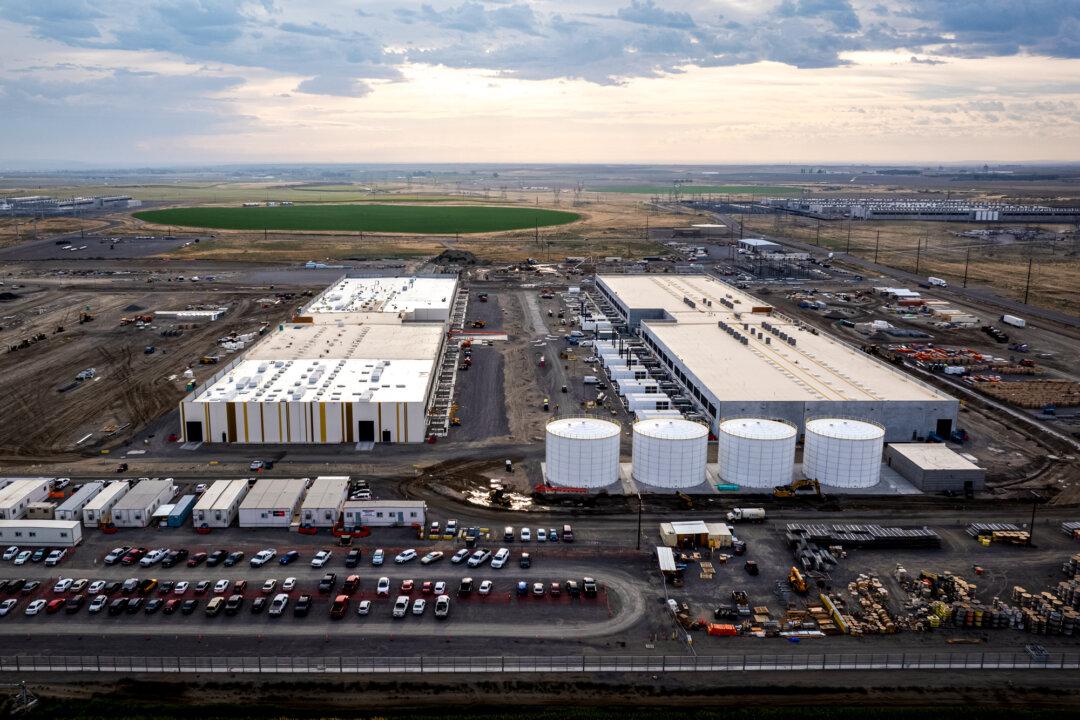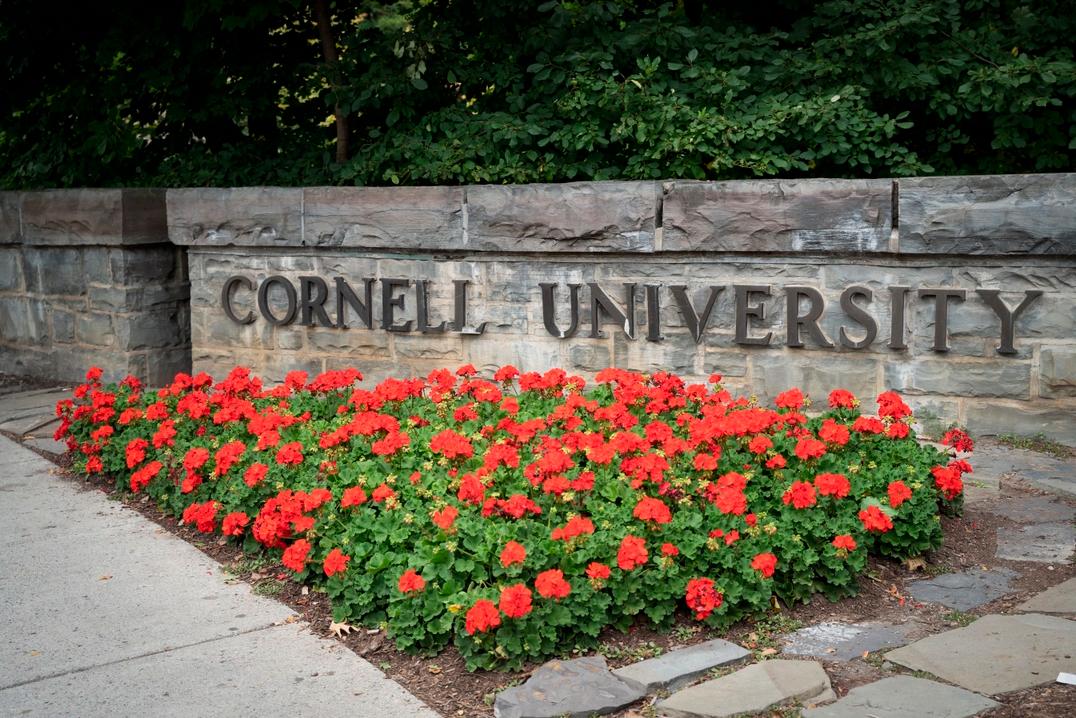Multnomah County, home to Portland, joins more than two dozen other cities and counties across the nation that are suing fossil fuel firms for their perceived role in causing climate change.
The county is asking for $50 billion in actual damages and $1.5 billion in future damages.
It also wants the defendants to contribute an estimated $50 billion to “study, plan, and upgrade the public health care services and infrastructure to ‘weatherproof’ the county from future extreme heat events and to safeguard the public health,” according to the suit.
Some of the measures would include expanding health care and emergency services, adding insulation and HVAC systems to buildings, tearing out asphalt, and planting more trees.
The suit does not explain how these upgrades could occur without using fossil fuels in manufacturing, shipping, or construction.
“At the core, this lawsuit is about fairness and accountability for these giant oil companies who have record profits, who have known about the damage that their products do to our environment, and who have been using pseudoscience, disinformation, and outright lies for decades,” wrote Multnomah County chair Jessica Vega Pederson on a county web page.
But some in the Oregon media are questioning the county’s motives in filing the suit.
Assigning Blame for the Heat Dome
The suit was filed in June 2022 in the Multnomah County Circuit Court in Portland, and alleges that carbon pollution played a significant factor in causing the 2021 Pacific Northwest Heat Dome, which it describes as “one of the most deadly and destructive human-made weather disasters in American history.”
During that three-day event in June 2021, temperatures in the area reached 116° Farenheit. That’s more than 30° F above the daily average in the region and higher than any other day in the country’s recorded history.
“There was nothing ‘natural' about the heat dome, or about the wildfires,” wrote Multnomah County commissioner Susheela Jayapal. “There was also nothing inevitable about them. They were caused by climate change, and they were preventable.”
But the U.S. Department of Agriculture’s Climatehub is not so certain.
“The dome was caused by a high-pressure system,” it stated on its website.
“The high-pressure system blocked the cooling marine winds … allowing the sun to continue to warm the air and land surface. As it got hotter, warm air rose and was pushed back down to the high-pressure system, further heating the air.”
ClimateHub claims that “analysis from one scientific study shows that climate change played a role.”
“The warming of 1.2 degrees Celsius since pre-industrial times increased the possibility of an event this extreme occurring,” it said.
The extreme heat of the climate dome is blamed for the deaths of 69 people in the county and 800 people across Washington and Oregon.
Multnomah County places the blame on 17 companies named in the suit, including Exxon Mobil, Shell, Chevron, BP, ConocoPhillips, Motiva, Occidental Petroleum, and Anadarko Petroleum.
The plaintiffs are also suing industry groups, including the American Petroleum Institute and the Western States Petroleum Association.
“These businesses knew their products were unsafe and harmful, and they lied about it,” wrote Ms. Pederson. “They have profited massively from their lies and left the rest of us to suffer the consequences and pay for the damages.”
Pederson wants a quick end to the use of fossil fuels.





